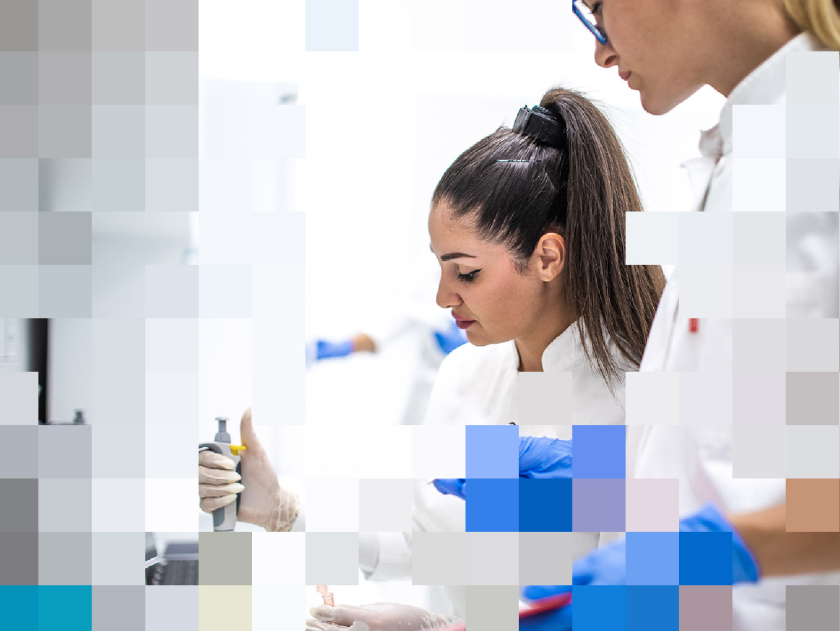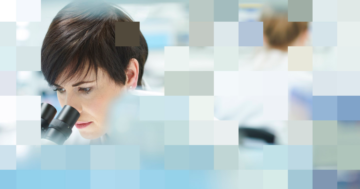Bioproduction: a strategic sector
From different types of cancer to degenerative illnesses, from rare diseases to certain chronic disorders, biomedicines such as vaccines and antibiotics could provide patients with more solutions. With the emergence of new technologies, it is now possible to contemplate totally disruptive approaches in biotech that will produce innovative therapies that are closer to patient needs and the specificities of their illness. The worldwide biopharmaceutical market will represent €600 billion in 2026, with a 64% increase in the number of biopharmaceuticals in development between 2019 and 2022. Biotherapies account for 60% of products in development. In France, biopharmaceuticals account for 32% of the turnover of medicines (Source: MabDesign – octobre 2024)
What is the main challenge today? Making these drugs accessible to patients. This involves, on the one hand, prioritising their development and industrialising production in France, while guaranteeing the right quantity, the required quality, and the speed of production. On the other, it means helping to build France’s health independence on the world stage so that we can guarantee that the most innovative treatments are available to patients. Today, France is 95% dependent on imports for biotherapies. But this figure is not set in stone: with a bioproduction sector that plans to create 10,000 additional jobs in the biopharmaceutical production sector by 2030, the French industrial network aims to assert its independence in the years to come.
Health bioproduction: a sector with a future
The French sector has mobilised throughout the country as part of the Investing for the Future programme via a special agreement entered into by the Strategic Committee for the Health Industry and Technology Sector. The Committee has set up around 20 technological breakthrough projects, including a training platform for preparing the talents of tomorrow: immerscio.bio. This campus was born out of a desire to develop and promote new skills with a training programme that is different from anything that existed before in the field of bioproduction. Led by a top-tier industrial consortium (Sanofi, bioMérieux, Novasep and Servier), Immerscio.bio brings together the entire national biotech ecosystem, including schools and training bodies.
Why work in the bioproduction professions?
The bioproduction sector is particularly buoyant for students and professionals, whether they are already in work or looking to retrain: 30,000 to 40,000 jobs will need to be filled in the next ten years in Europe.
Bioproduction is also a very stimulating professional environment that is geared towards innovation, where it is possible to acquire cutting-edge qualifications in the occupations of the future. These jobs, which are often little-known, require meticulousness, rigour and a taste for teamwork.
Immerscio.bio offers bespoke training programmes embracing the entire chain of bioproduction occupations by means of immersive, innovative courses where digital and technological tools play a major role in the learning methods. Choosing Immerscio.bio means boosting your employability on the job market and giving purpose to your career so you can take part in the innovative therapies of tomorrow.







